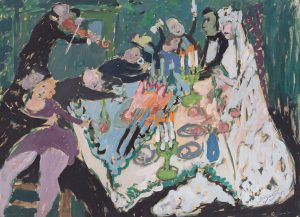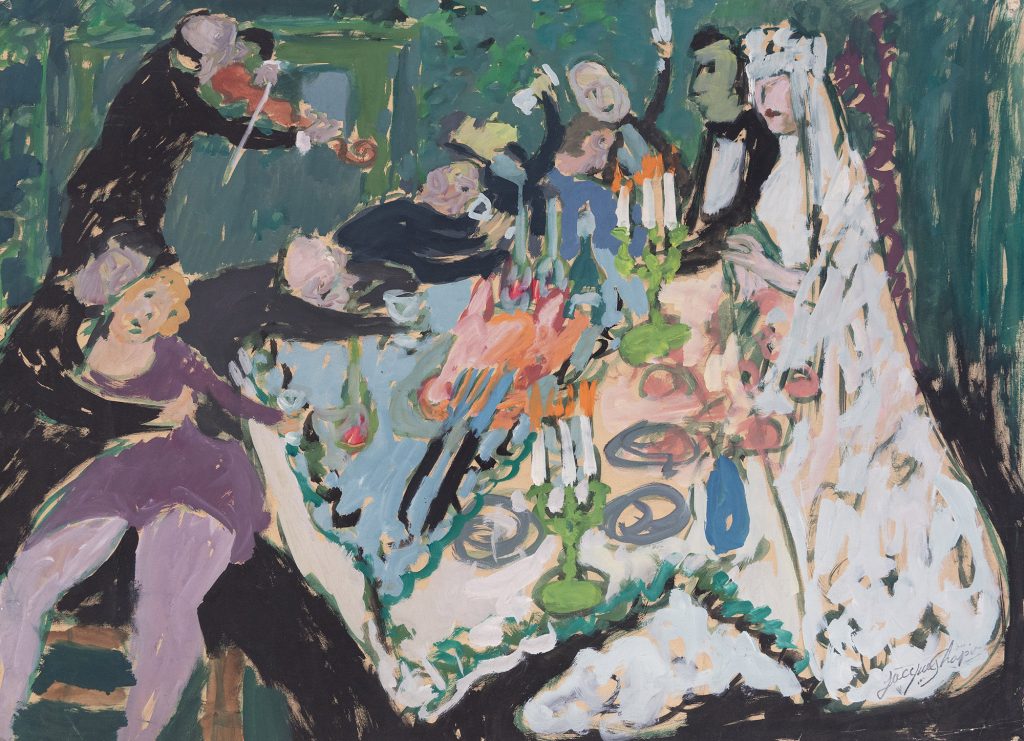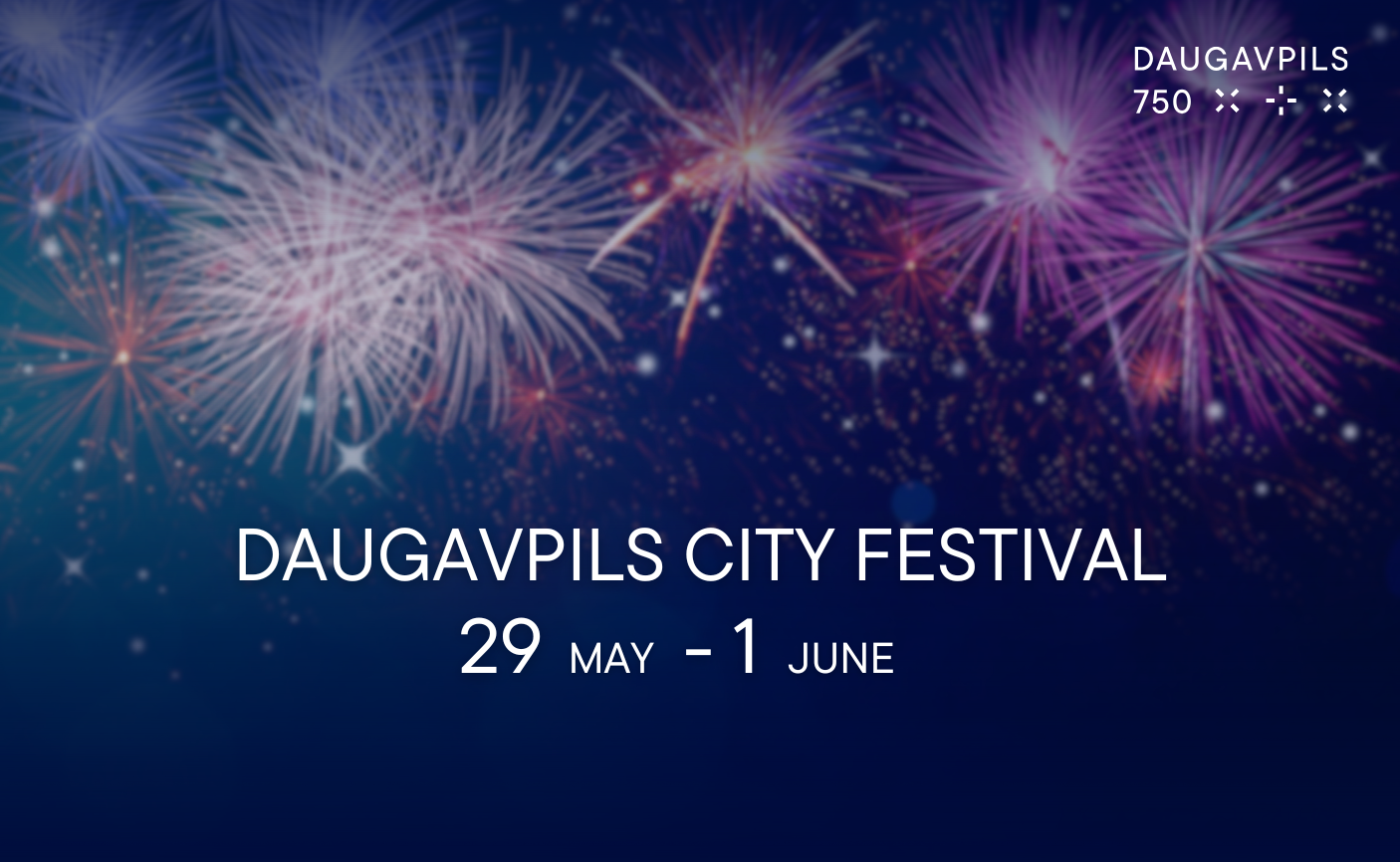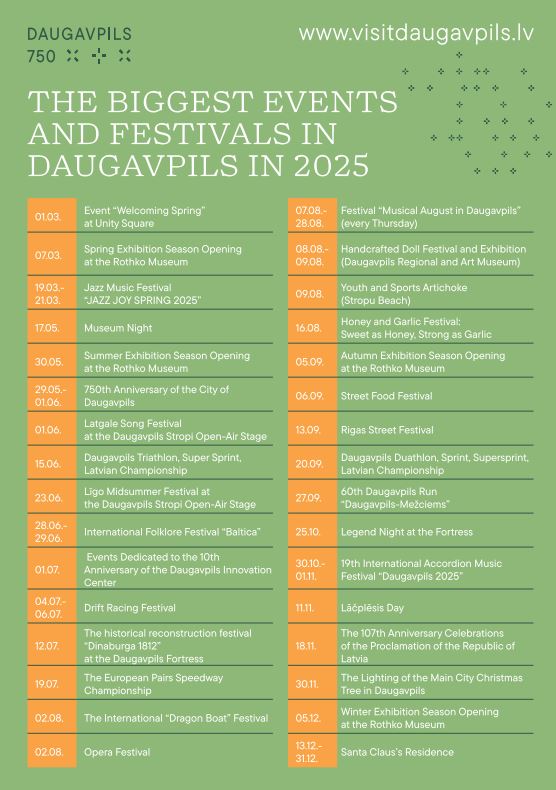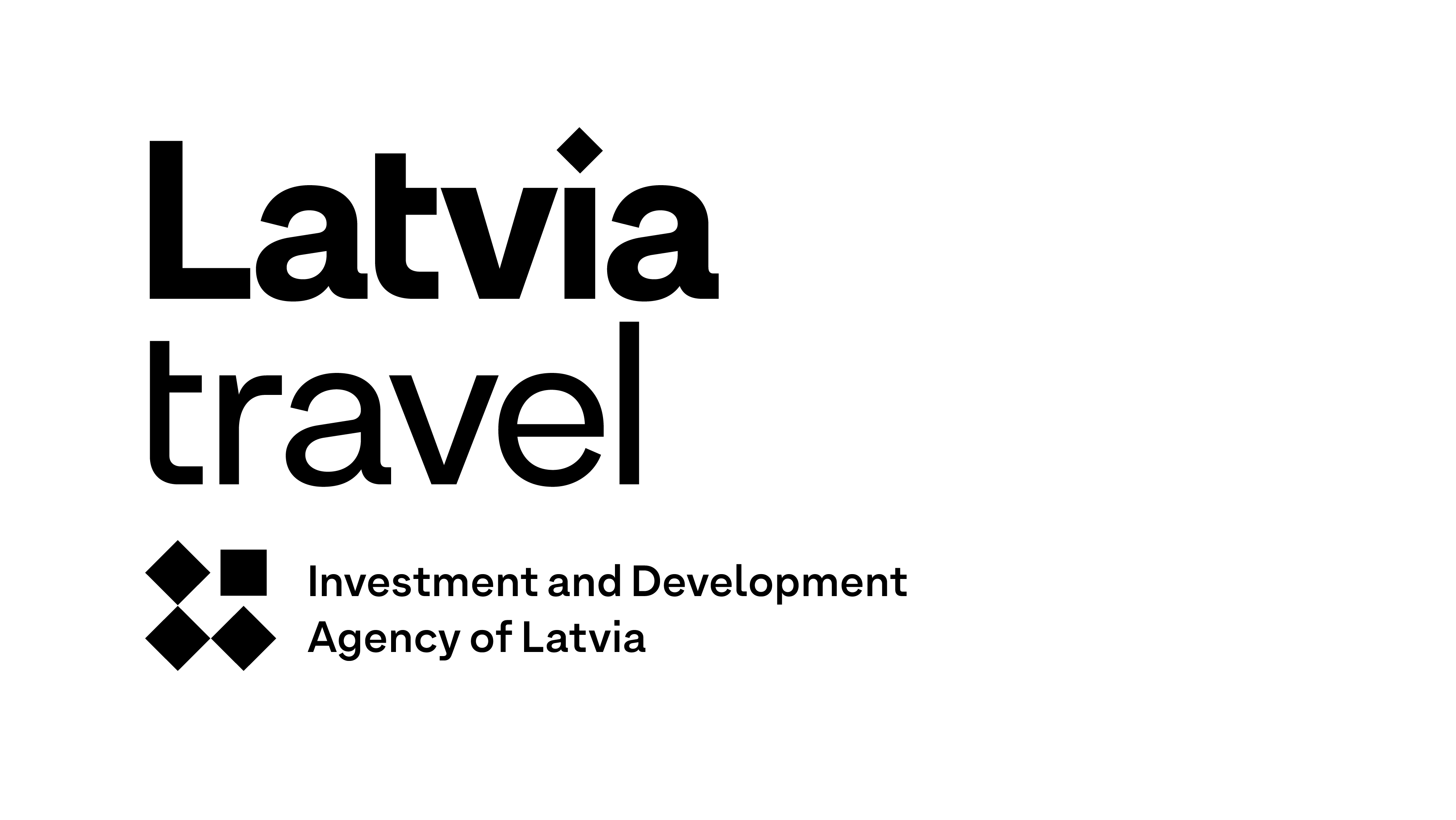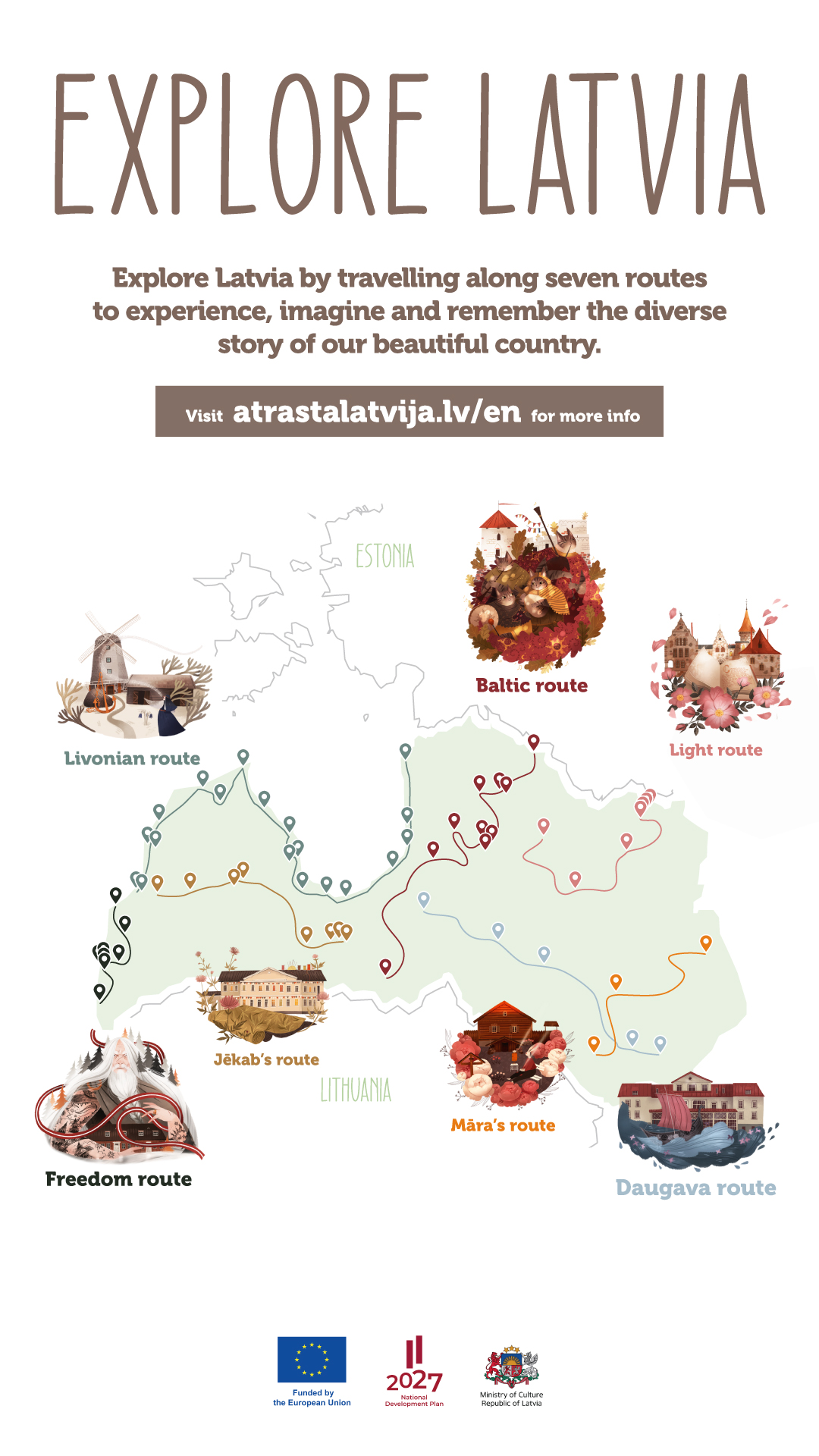At 4 p.m. on Friday, 3 March, the Daugavpils Mark Rothko Art Centre will open its spring exhibition season, featuring works by the world-renowned native of Daugavpils, Jacques Chapiro, alongside five other impressive projects.
The air is alive with sprouting green, and the sun feels perceptibly warmer – spring appears to be on the way, although winter refuses to give up its ground and still rules supreme in the Latvian landscape. Eager to speed up the change, the Rothko Centre offers its visitors the spring exhibition season.
Painter Jacques Chapiro, né Yakov Chapiro, was born in Dünaburg, Vitebsk Governorate, Russian Empire (present-day Daugavpils, Latvia). He moved to France in 1925, settling in “La Ruche”, the famed Parisian artist colony, home to geniuses like Modigliani, Picasso, Chagall and Leger throughout the 1920s and 30s. Together, they developed the so-called Parisian school, while Chapiro evolved a clearly individual approach that helped him create a distinct artistic world. Rich in unusual shapes and bright colours, it keeps drawing the attention of art lovers, collectors and galleries to this day. The Rothko Centre’s new exhibition, “Coming Home: Jacques Chapiro”, is produced in cooperation with art collector Shmuel Tatz (NYC, USA) as a testament to Chapiro’s immense historical role on the global art scene and a nod to his local roots.
The Rothko centre’s curatorial interest in Jacques Chapiro dates back to the acquisition of two his original paintings a few years ago, one of which was immediately displayed in the exhibition “Found in the Collection”, which cast the spotlight on the most prized artworks in the Rothko Centre’s possession. The spring exhibition season brings a new select display in this line – “Rational Creature”, made to highlight other pearls in the institution’s growing collection.
New artistic gems are regularly seen in the annual Juried Exhibition of Artists from the Latgale Region. This year, it runs with the title “Hit the Ten”, marking the tenth iteration of this ongoing project and kicking off the Rothko Centre’s tenth-anniversary programme. Artistically, “hitting the ten” hinges on the artist’s ability to reach such a degree of freedom in creative expression that the artwork becomes a new point of reference, a spark to trigger discussion, disagreement, imagination, satisfaction, fury or any other emotional reaction. This year, the jury selected 48 artists who proved they are free from the bonds of external or self-inflicted censorship and can simply be who they are – prophets of their time “hitting home” with all their intellectual impulses.
“Interferences” by Polish artist Piotr Skowron is composed of graphic works the artist calls an abstract form of representation and invites the viewer to reflect on how one event can impact on another; how even minor disruptions can interfere with an entire image or situation.
The artist isn’t confined to traditional print forms and often explores space with his graphic objects. These spatial experiments largely stem from his earlier education in engineering.
Australian artist and photographer Ralph Kerle joins the spring exhibition season with his solo show “The Intermediate Sublime”, where he argues that abstraction is not an unconscious act of visualisation by an artist, as some might suggest. Rather, it forms as the result of an artist’s subconscious observation, with the image being the creator’s manifestation of what their brain has perceived. Kerle’s medium is photography, and his primary subject is the waterways of Sydney Harbour. His focus is on capturing images created by and in nature and conceptualising those into fine art abstract photographic artworks. Studying these over time, the visual language shifts and changes from the purely abstract to one where elements of the tangible world are brought squarely to mind.
An interest in abstraction and architecture fuels the work of the French photographer Ouriel Morgensztern. He is deeply fascinated by the use of light in the art of two creative geniuses, Mark Rothko and Pierre Soulages, and the profound properties of black as a reflective colour. His exhibition at the Daugavpils Mark Rothko Art Centre, “On Rothko and Soulages: The Colour of Silence”, is the result of the encounter between and with the two artistic greats. From New York to the Chapel in Houston (Rothko), to Rodez and the Abbey in Conques (Soulages), and through photos of more personal places in Los Angeles, Tel-Aviv, the French countryside – where Morgensztern is from – and Daugavpils, it emerges a force nourished by the power of the image in its raw state, where the work of Ouriel Morgensztern becomes the link between these two great contemporary artists.
The spring exhibition season will be available through 21 May 2023.
On opening day, starting at 4 p.m., the new season’s exhibitions will be available free of charge.
The exhibitions are produced with REACT-EU funding towards Europe’s post-pandemic recovery. The spring exhibition season is supported by the Daugavpils City Council, Caparol and Devona.
Additional information and exhibition details:
https://www.rothkocenter.com/en/exhibitions/upcoming-exhibitions/
Publicity photo:
Jacques Chapiro “Wedding” (fragment), gouache on paper, 1920s-1930s.
Contacts:
Inita Paegle
+371 654 30273


